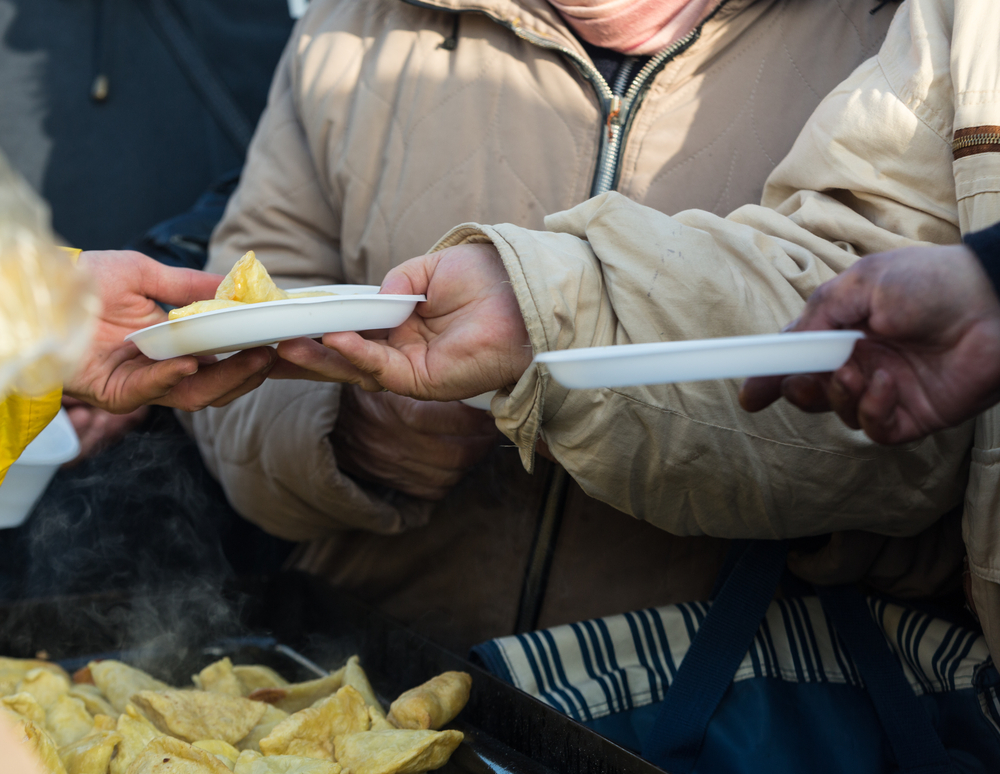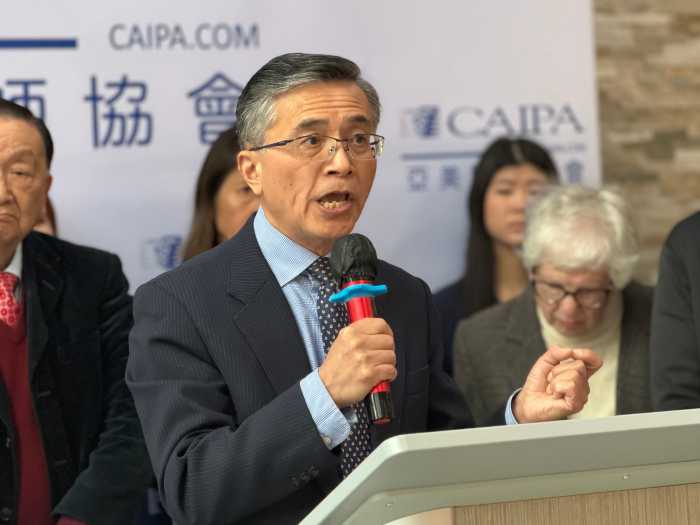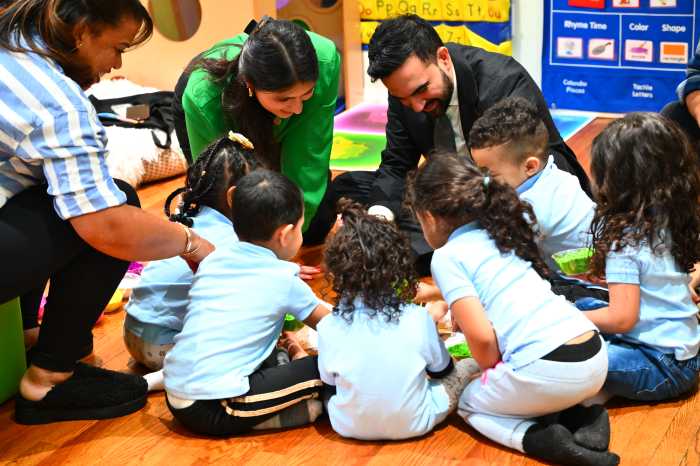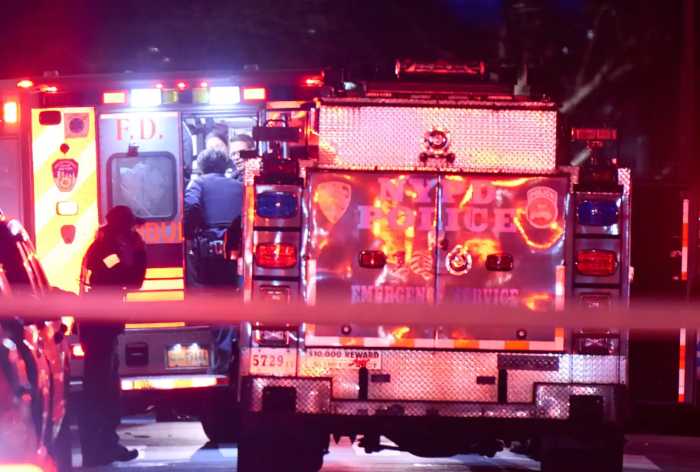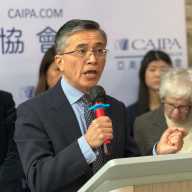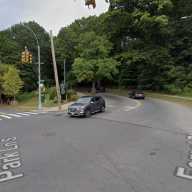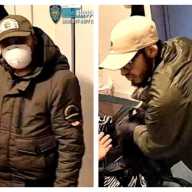One Queens lawmaker is working to help school districts and other educational institutions across the state begin programs where they can donate their unused and edible foods to organizations that help feed hungry New Yorkers.
State Senator Joseph Addabbo — a member of the Senate Environmental Conservation Committee — co-sponsored the new law (Chapter 316), which will go into effect next March and will require the NYS Department of Education (DOE) and the NYS Department of Agriculture and Markets to develop voluntary guidelines on how to move this donation program forward.
According to Addabbo, the U.S. Environmental Protection Agency (EPA) estimates that food waste makes up nearly 14 percent of solid municipal waste in the country each year, translating to approximately 34 million tons of food waste each year.
“This new law holds great potential for reducing food waste in educational institutions while lending an important helping hand to individuals, seniors, families and children who face challenges in getting enough to eat,” he said.
There are many factors that lead to food waste as schools including inclement weather conditions, power outages, and other unexpected events that may cause school to be canceled, preventing students from coming to class or causing them to leave school early.
This new law will put schools in touch with organizations that could help deliver that food to the neediest of people.
However, Addabbo isn’t done with trying to help feed the hungry.
The senator also co-sponsored comprehensive legislation (S.5461/A.3412) that would expand upon donation programs by requiring state and local governments, educational institutions and food service establishments contracted by these entities to shrink their food waste.
The “State and Local Government Food Waste Prevention and Diversion Act” would require food scraps and organic waste to be used first to supply organizations feeding the hungry, and then to provide animal food. Organic waste and food scraps will also be used to create bio-diesels, soaps and compost.
Addaboo noted that the 2016 New York City and State Hunger Report, prepared by Hunger Free America, found that nearly half of all working-aged New York City and State residents who cannot afford enough food live in households where someone is working.
And in New York City alone, the study found from 2013 through 2015, 424,307 residents who are food insecure have at least one person working. Even more disturbing, during that same timeframe, about one in five New York City children — close to 429,000 kids — were experiencing hunger.
“The reuse of excess food, in addition to addressing heartbreaking hunger issues in our communities, has great benefits for our entire environment,” Addabbo said. “It reduces the amount of organic waste in our landfills, and allows vegetable matter to become valuable compost for farmers and gardeners. It can also help create employment opportunities in the growing ‘green jobs’ sector of our economy.”

